Pallister content to pick fights, play to his base
Read this article for free:
or
Already have an account? Log in here »
To continue reading, please subscribe:
Monthly Digital Subscription
$0 for the first 4 weeks*
- Enjoy unlimited reading on winnipegfreepress.com
- Read the E-Edition, our digital replica newspaper
- Access News Break, our award-winning app
- Play interactive puzzles
*No charge for 4 weeks then price increases to the regular rate of $19.00 plus GST every four weeks. Offer available to new and qualified returning subscribers only. Cancel any time.
Monthly Digital Subscription
$4.75/week*
- Enjoy unlimited reading on winnipegfreepress.com
- Read the E-Edition, our digital replica newspaper
- Access News Break, our award-winning app
- Play interactive puzzles
*Billed as $19 plus GST every four weeks. Cancel any time.
To continue reading, please subscribe:
Add Free Press access to your Brandon Sun subscription for only an additional
$1 for the first 4 weeks*
*Your next subscription payment will increase by $1.00 and you will be charged $16.99 plus GST for four weeks. After four weeks, your payment will increase to $23.99 plus GST every four weeks.
Read unlimited articles for free today:
or
Already have an account? Log in here »
Hey there, time traveller!
This article was published 31/10/2018 (2601 days ago), so information in it may no longer be current.
What’s the end game, Mr. Premier?
This past month will likely be remembered as a watershed in the evolution of Premier Brian Pallister’s leadership. For it was this past month that Pallister seemingly abandoned any interest in building a so-called “big tent” of support — a pillar of most long-serving governments in this country — in favour of an overall strategy to galvanize and activate his base.
This week, for example, there was his decision to formally withdraw from a 2014 settlement agreement signed by the province, Manitoba Hydro and the Manitoba Metis Federation. Pallister has been sparring with the MMF for months now over this agreement, but the enthusiasm with which the government confirmed it was pulling out, and the complete lack of any interest in resuming discussions, was telling in many ways.
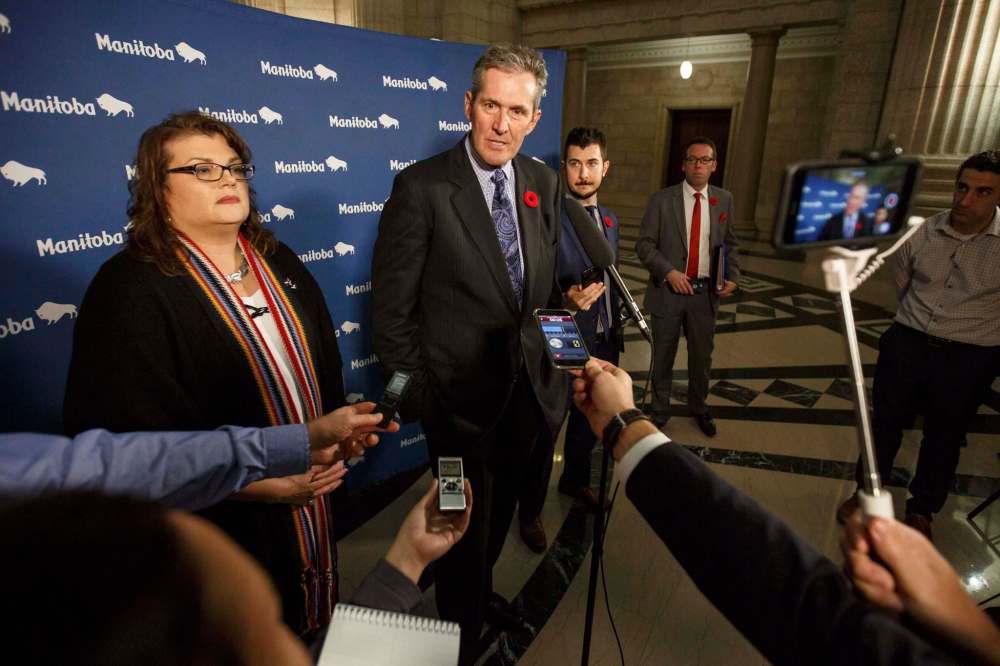
Under the terms of the 2014 Turning the Page agreement — intended “to build a forward-looking, productive and non-adversarial working relationship” among the three parties, as laid out in its terms of reference — the MMF was to be paid $1 million per year until 2034 to compensate for past and current Hydro development on Métis lands, for a total of $20 million. So far, it has received $5 million.
In addition, Hydro agreed to pay the MMF $67.5 million over 50 years to compensate them for past and future province-wide hydro-electric development. It was described, at its inception, as an act of reconciliation with one of the most politically active indigenous communities in the province. As part of that proposal, the planned $453-million Hydro transmission line to Minnesota would proceed without objections from the Métis group.
But in March, Pallister pulled the plug on that agreement.
Pallister called it “hush money” to buy off a special-interest group that would rob future generations of Métis people of their rights, and set a precedent for similar payments on future projects, such as the $540-million Lake St. Martin flood-mitigation channels.
That matter is now before the courts.

On Wednesday the premier continued to use controversial language in accusing the former NDP government of using taxpayers’ money to buy off the Métis and force them to relinquish their inherent rights.
“We have too much respect for the Métis people to try and buy away their rights,” Pallister told the legislature. “It will not happen with this government.”
Portraying a compensation deal as payola is an interesting political tack, if only for the fact that other provinces and private companies involved in resource development have been lauded for striking identical agreements with the Métis and other Indigenous groups to avoid costly litigation.
If Pallister did not like the Turning the Page agreement, he could certainly have proposed something different. But he has not, and into that vacuum he has watched idly as this has built into a major skirmish.
The premier’s strategy is also interesting because Pallister is picking a fight with a Métis leader who has proven he is a political force to reckon with.
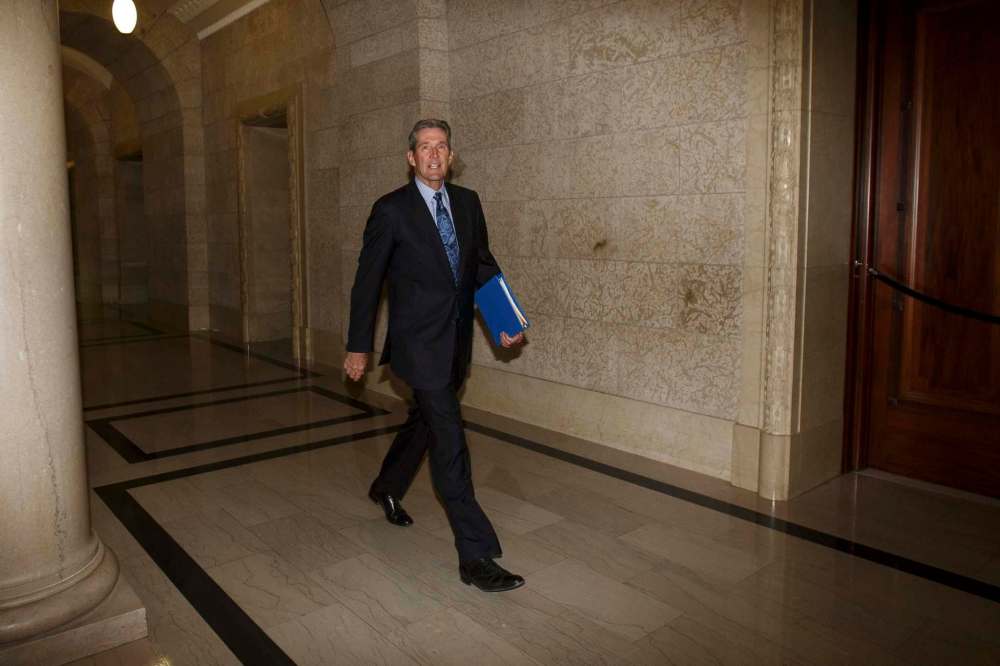
MMF President David Chartrand has, over the years, made his organization into a legitimate mainstream political player. By showing so much lust for battle, Pallister is making what could turn out to be an inconvenient political enemy come next provincial election.
One can view Pallister’s decision to abandon his own carbon-tax plan in the same general context.
Why he pulled out remains a matter of some speculation. What explanation he did provide was nonsensical given that he has, in his back pocket, a legal opinion indicating that Ottawa has the full legal, constitutional right to impose a national carbon tax. One theory suggested Pallister ditched his plan because he took offence at a joke that Prime Minister Justin Trudeau made at a public event in Winnipeg
Whatever the reason, the end result is pretty clear: he is abandoning a politically and legally elegant policy in favour of a bare-knuckle fight.
The original made-in-Manitoba plan positioned Manitoba in a somewhat progressive light. Although Pallister’s $25-per-tonne levy fell well short of federal levels and the expectations of hardcore activists, it did make it hard for the NDP and Liberals to criticize him. That had the potential to draw some reluctant praise from middle-of-the-road voters, who tend to toggle between parties depending on the prevailing electoral winds.
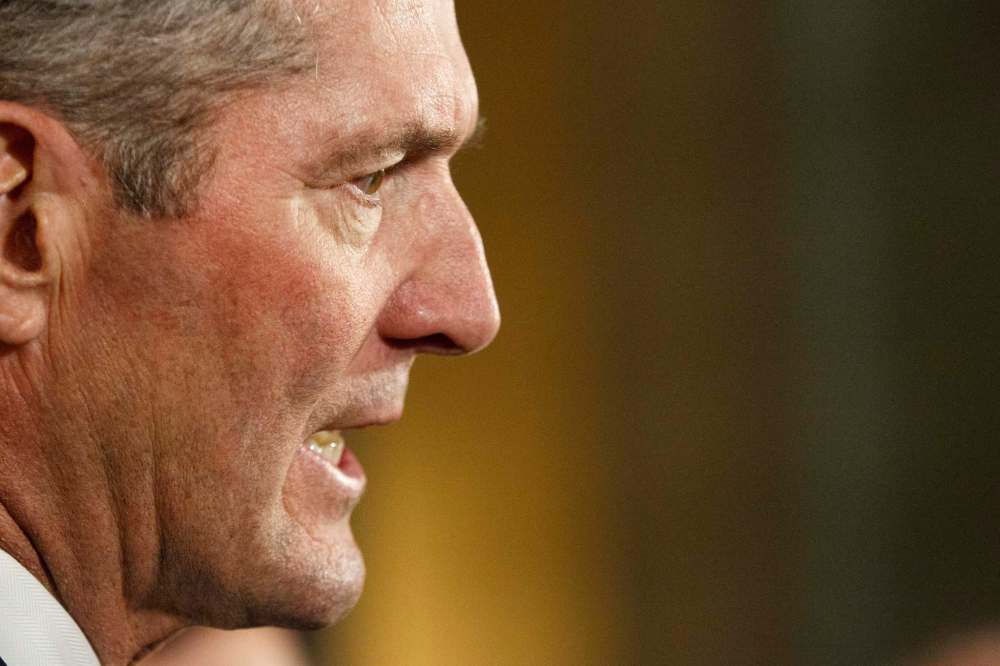
Along with the termination of the agreement with the MMF, Pallister seems to be working overtime to confirm his enemies’ worst fears about him. That is hardly sound strategy.
Governments that want to serve a long time typically try to balance decisions and policies that “play to the base” with ones designed strategically to suppress opposition, particularly at election time.
Base-friendly decisions have many benefits. They can galvanize core support heading into an important election, while also triggering a surge of donations, the lifeblood of electoral politics.
However, most governing parties also know you have to dabble in policies or decisions that aggravate their bases. In these situations, party leaders must convince core supporters that the net benefits — neutralizing a line of attack or eliminating a constituency of possible opposition — outweigh any compromise on core values.
At a time when populists such as U.S. President Donald Trump are rewriting political rules, Pallister certainly seems to gambling that the decisions he is making to bolster core support will be more than enough to overcome the blowback that is manifesting among non-supporters, who see a premier doing his utmost to confirm many of their worst fears.
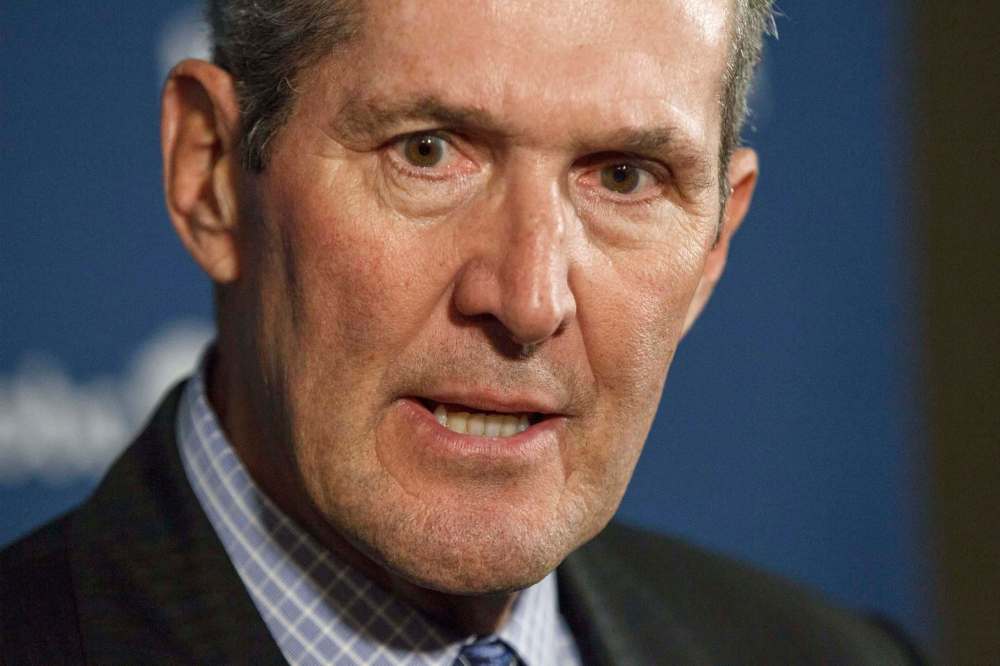
The gamble could involve consideration of the growth potential of the two major opposition parties, both of which have yet to show they can mount a significant challenge. It could also involve calculus around fiscal accomplishments.
Pallister is no Trump, to be sure. However, the experience in the U.S. right now suggests political leaders may not need a big tent in order to win and hold onto power.
It’s an approach to politics that has not worked to any great extent until now, but leaders such as Pallister and Ontario’s Doug Ford certainly seem to be willing to wager their futures on a policy agenda that is more loyal to the wishes of the base and excludes any concessions to opposing constituencies.
And what of the aforementioned end game? Most politicians are tactical, and have some idea what they want to accomplish from every move they make. However, what if that is also falling out of favour?
Pallister and other leaders of his ilk may be showing that a complete lack of an end game is the new politics.
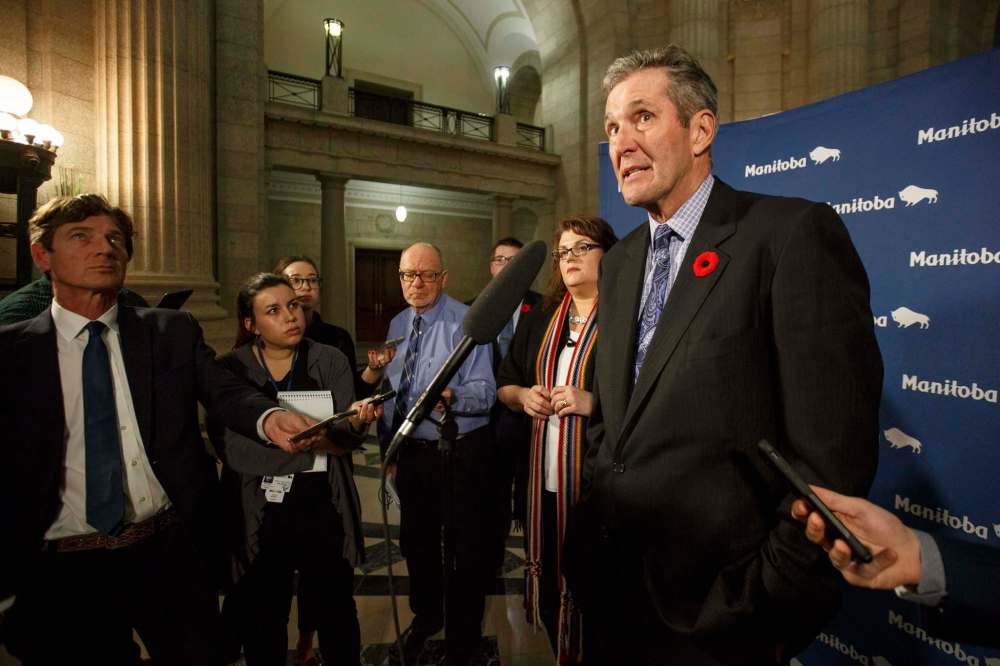
dan.lett@freepress.mb.ca

Born and raised in and around Toronto, Dan Lett came to Winnipeg in 1986, less than a year out of journalism school with a lifelong dream to be a newspaper reporter.
Our newsroom depends on a growing audience of readers to power our journalism. If you are not a paid reader, please consider becoming a subscriber.
Our newsroom depends on its audience of readers to power our journalism. Thank you for your support.
History
Updated on Wednesday, October 31, 2018 7:20 PM CDT: Fixes typo.
Updated on Wednesday, October 31, 2018 7:57 PM CDT: Fixes typo

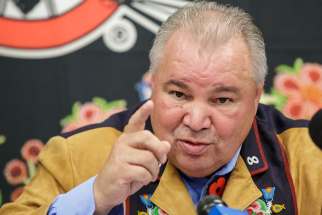





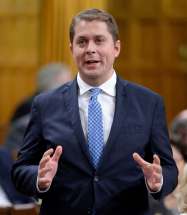
.jpg?h=215)


